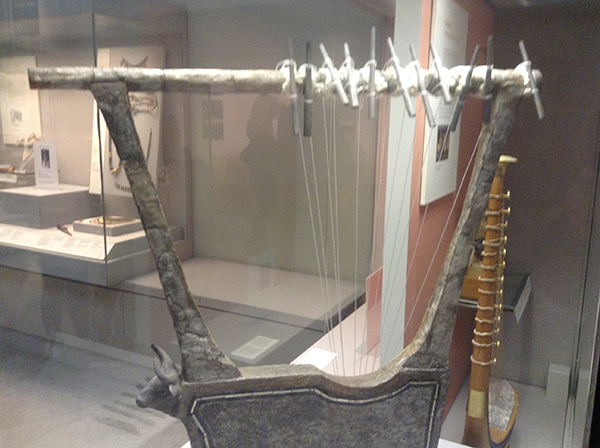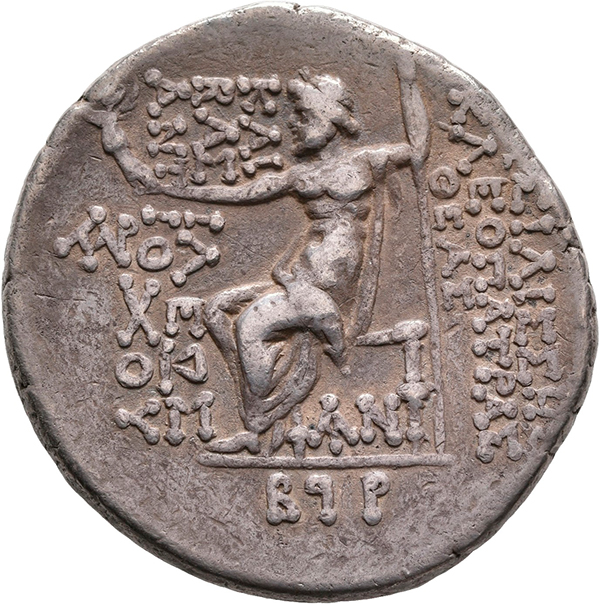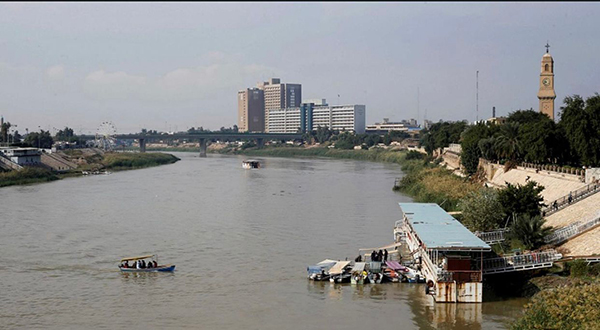Studying in Tuebingen: The refugee program of the University of Tuebingen makes it possible
By Feras Trayfi
During the last years, a great number of refugees from various countries and with different reasons for fleeing their countries arrived in Germany. There are many among them, whose course of education has been interrupted by their… ?? In order to specifically target and help those people, the University of Tuebingen founded the “refugee-program”. This nine-month-program is to provide them with … to find good career options and follow their dreams.
Feras Trayfi and Michael Seifert from tünews INTERNATIONAL attended a class of the refugee-program curriculum and interviewed Dr. Christine Rubas, who is in charge of the program.
The program began in 2017 and is supported financially by the German federal government and the German academic exchange service (DAAD). A substantial amount of applications are handed in for the 36 places available, from all over the country. In the second year, they received 300 and in the third year 170 applications. Applicants are selected according to a point-system, where marks from their high school graduation, letter of motivation, existing knowledge of the German language as well as personal impressions during the interview are evaluated.
We asked the participants for their opinions and they responded with excitement and approval of the program.
Mohamad from Syria needs a C1-certificate for his planned studies in the field of mechanical engineering. He says, “This course is not comparable to other German classes, it is much better. I especially enjoy the familial atmosphere – I have found a lot of new friends here.”
Nour from Afghanistan had to interrupt her four year degree in chemistry in Syria. She wants to study Biochemistry in Tuebingen now. She replies, “This is not simply a language class. One can learn about the history and culture of Germany as well and gain intercultural competences.” Additionally, she takes part in a theatre workshop once a week and is happy about the other activities included in the program, such as excursions.
Muska is from Afghanistan and has studied medicine there. She participates in the program to continue her studies in Germany. “During these four months my German improved significantly. I speak German all day, every day I learn something new. I want to learn everything about Germany in these classes. This program makes me find my way in Germany.”
Aladin completed his master’s degree in “Islamic Banking” in Syria. He desperately wants to work, but received only rejections, due to his lacking language abilities. He aims at improving his German skills in the refugee program: “If working is not possible, studying is a good perspective as well. The program is very helpful, I learn a lot of new things, although I still do not understand everything. My “buddy” is of great assistance as well.”
The “buddy”-program is part of the service: All participants have German “buddies”, i.e. a student, assisting them in their daily life, when looking for a place to study or writing applications.
The most common difficulties, according to Christine Rubas, are psychological problems, especially among those who have experiences trauma or family reunifications. For this we have offer a consultation with an Arabic speaking psychotherapist. Other than that, we also offer help for daily problems, such as with the Jobcenter or the authorities in the case of residence permits, registration or delay of support payments.
In the beginning of the course there is a new informative event explaining the importance of the classes outside of the context of language: intercultural competences (important for job search of working life), academic methodology (self-reliant, as opposed to what is taught in Syria) or creative writing. Finally, an English class is offered as well for those in need of a second language. During the summer term, courses are offered as well in the specific academic disciplines of interest for the participants. Christine Rubas takes a positive stock: 50% of the participants who graduated from the refugee program have already taken up their studies at the University of Tuebingen, the dual technical school or technical college. Five students are studying medicine or dentistry. Until 2020 the program will receive funding, but the University plans to continue it and aims to apply for another DAAD-grant. Applications for the course are accepted until 15.06.19.
For further information:
www.uni-tuebingen.de/studium/studienangebot/angebote-fuer-fluechtlinge/refugee-programm



